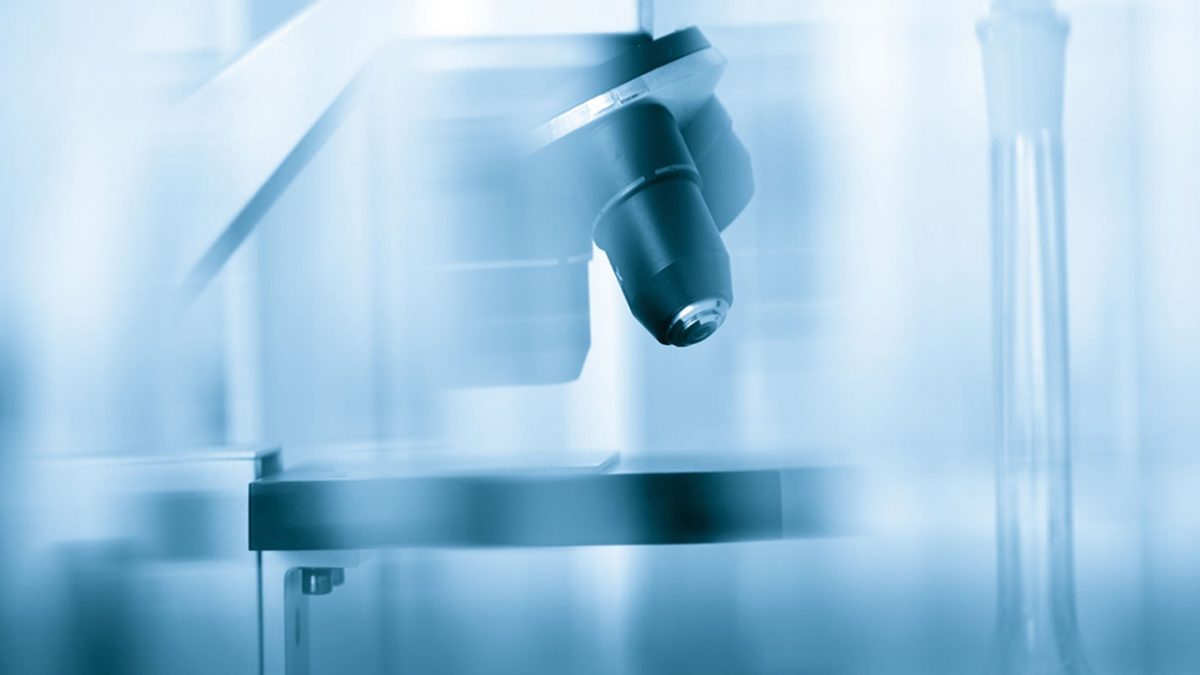
Centers of Excellence

Our Cytopathology Department is one of the leading laboratories in our country applies current state-of-the-art methods and features high precision equipment of latest technology.
The Department can perform all cytological tests regarding every system of the human body, aiming at prevention, early diagnosis and follow-up of malignant and non-malignant diseases.
Cytological Examinations are concerning on:
Prevention and cytology are fully interconnected, since the most effective preventive test in medicine the internationally-known test Papanicolaou, is cytological, which is performed either by conventional or liquid based (Thin Prep) cytology.
For most malignant neoplasms, prevention is not possible. However, early diagnosis is sought. The goal is to diagnose the condition at the earliest possible stage, enabling the maximum of therapeutic intervention possibilities and the greatest chance of long-term survival and/or cure. The role of cytopathology in early diagnosis is extremely important, both of exfoliative cytology (sputum, urine cytology etc.), as well as of the cytological evaluation of material, obtained by fine needle aspiration (FNA).
A. Fine needle aspiration (FNA, FNAC, FNAB) of palpable and deep – seated lesions, guided by imaging methods.
B. Other cytological examinations
The most modern scientific techniques are applied in the Laboratory in the whole spectrum of cytological materials, that is liquid based cytology, cytochemistry, immunocytochemistry, hormonal receptors and other prognostic indices. Farther more FISH (immunofluorescence in situ hybridization) for the detection of mutated genes and HPV-DNA typing is possible on cytologic material in collaboration with the pathology and molecular biology departments of HYGEIA hospital.
The Cytopathology Department accepts any patient who already has his/her cytological slides examined/diagnosed, for a second opinion.
Charitini Salla, M.D, M.I.A.C leads the Department which comprises of highly experienced and skilled doctors and cytotechnologists. The whole team keeps abreast of the newest developments on the field and attends national and international congresses, training seminars on an on-going and systematic basis.
Read More